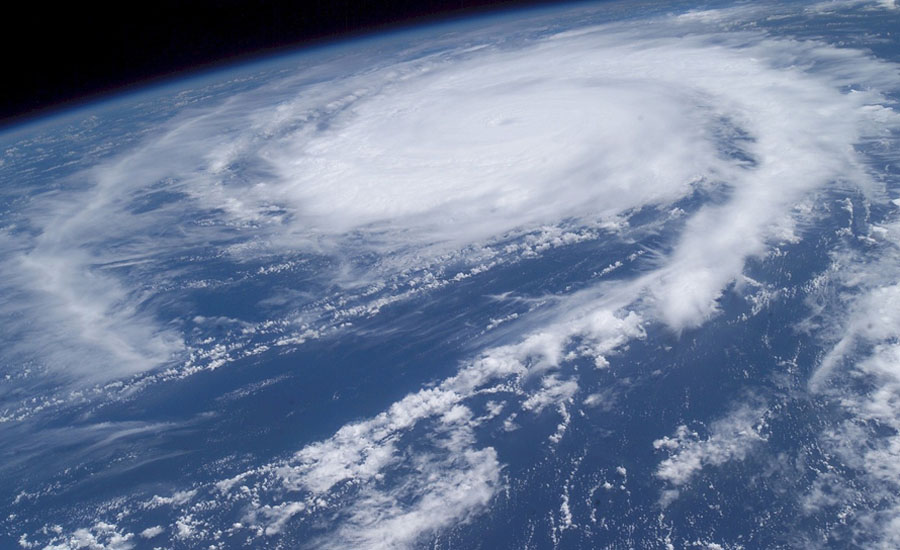With Hurricane Michael still raging along the East coast of the United States, the American Heart Association (AHA) is reminding people who may be affected by this and other severe storms that the stress and trauma that comes with extreme weather can intensify stress and an increase the risk of cardiovascular disease.
Hard to get to a doctor
The impact can be more intense for heart disease and stroke patients. In the aftermath of a significant storm, it may be challenging to see a health care provider for a checkup or to get medications, especially for more vulnerable populations.
The AHA has a Disaster Resources page on its website, which includes a wide range of helpful information.
Tips for protecting your health:
- Write down any medical conditions, allergies, medications, doses and time you take medications, along with your pharmacy name, address and phone number.
- Put your medications and your health information in a resealable plastic bag to help keep it dry.
- If your medication is lost, damaged by water or was left behind when you evacuated, research open pharmacies and seek a refill as quickly as possible.
- According to Florida law, you can obtain a 30-day refill of your prescription medication at any time if you live in a county under a National Weather Service hurricane warning or under a Governor declared state of emergency.
- In Georgia and South Carolina, you can get a 30-day refill of certain medications. Contact your pharmacist to request an out-of-schedule emergency refill to make sure you have enough medicine during the declared state of emergency.
- In North Carolina, you have within 29 days of the disaster declaration to obtain one prescription refill or get a replacement for a recently filled prescription.
- Information on all state emergency prescription refill laws is available here.
- If you have diabetes and use insulin, see the Patient Preparedness Plan (PDF). There you’ll find a checklist of supplies and for guidelines on handling your condition during a weather emergency.
Visit heart.org for the latest on heart and stroke health.
The AHA encourages cardiovascular disease survivors and their loved ones to join its free online Support Network to share stories and find resources to help on their journey to recovery. It includes a forum specifically for hurricane support.






